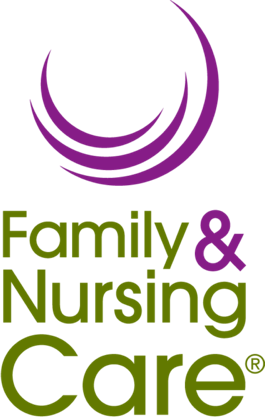Written by Risa, Health Content Specialist
Stroke recovery care at home in Rockville, Maryland helps seniors regain independence by providing personalized support, rehabilitation assistance, safety monitoring, and emotional encouragement. Professional caregivers that work with Family & Nursing Care can tailor daily routines to each stroke survivor’s needs, making home a safe and supportive environment for long-term recovery.
Family & Nursing Care has served Maryland and Washington, D.C. communities for decades, offering access to dependable in-home care delivered by experienced caregivers. Caregiver services can support individuals recovering from medical events, including stroke, by providing daily assistance, safety oversight, and compassionate companionship. More information is available on the Home Care Services page.
Why Stroke Recovery Care at Home Matters
After a stroke, many seniors face physical, cognitive, and emotional changes that make returning home seem daunting. However, with the right support, home can become a powerful place for healing. Stroke recovery care at home in Rockville, Maryland provides personalized, one-on-one attention that helps seniors safely transition from hospital to home and continue making progress every day.
Instead of extended hospital stays or institutional settings, home care allows older adults to focus on regaining strength and independence at their own pace — surrounded by comfort, family, and familiarity.
How Caregivers Support Stroke Recovery at Home
Caregivers can play a vital role in helping stroke survivors rebuild their abilities and routines. By offering both physical and emotional support, stroke recovery care at home in Rockville, Maryland empowers seniors to regain confidence and take meaningful steps toward independence.
Key Areas of Assistance
| Type of Support | Description | Benefit |
| Rehabilitation Exercise Support |
Assisting clients with doctor-recommended movements and exercises |
Helps improve balance, mobility, and coordination |
| Daily Living Assistance | Help with bathing, dressing, meals, grooming, and medication reminders | Reduces strain and maintains consistent routines |
| Emotional Support | Offering companionship, reassurance, and encouragement |
Helps manage frustration, anxiety, and low motivation |
| Fall Prevention & Safety Monitoring | Identifying hazards, assisting with mobility, and promoting safe movement | Reduces fall risk and increases confidence in the home |
Frequently Asked Questions About Stroke Recovery Care at Home
What does stroke recovery care at home include?
Non-medical assistance that supports rehabilitation and daily routines.
Caregivers can help with exercises, personal care, mobility, meals, and household tasks to create a safe, structured environment for recovery.
How can caregivers support rehabilitation?
By helping clients follow prescribed exercises.
Caregivers can reinforce mobility and coordination exercises recommended by therapists or physicians, supporting consistency and safety.
Can home care help prevent falls after a stroke?
Yes, caregivers can help identify risks and provide mobility assistance.
Fall prevention is a cornerstone of post-stroke care, and caregivers help create a safer home layout and monitor movement.
Why is emotional support important during stroke recovery?
Emotional challenges often accompany physical healing.
Caregivers offer connection, encouragement, and companionship—reducing isolation and supporting mental well-being.
The Emotional Side of Stroke Recovery
Beyond physical healing, emotional recovery is just as important. Many stroke survivors experience feelings of isolation or anxiety as they adapt to new routines or limitations. Having a compassionate caregiver by their side can make a tremendous difference — offering conversation, encouragement, and companionship that help lift spirits and reduce loneliness.
At Family & Nursing Care, we understand that stroke recovery is not just about medical progress — it’s about restoring quality of life. We can connect families with caregivers who provide personalized care that supports each client’s physical and emotional well-being.
Personalized Stroke Recovery Care in Rockville, Maryland
Every stroke survivor’s journey is unique, which is why Family & Nursing Care helps create care plans tailored to each client’s needs, goals, and preferences. Whether someone needs short-term assistance after hospitalization or long-term support for ongoing recovery, we’re here to help families in Rockville, Maryland and beyond navigate the path forward with confidence.
If you or a loved one is recovering from a stroke, stroke recovery care at home in Rockville, Maryland can provide the stability, encouragement, and personalized support needed to make progress with confidence.






